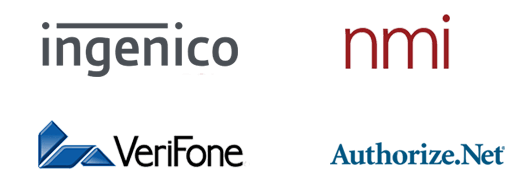Contact Us Today!

Your contact details won't be shared, an email and SMS will be sent to you for ongoing communications.

Seamless setup and integration with most shopping cart platforms & website content management systems.

Easily process credit cards online quickly and safely. Accept payments over the phone or even send invoice links.

Counter top and Wireless options available! Supports EMV/NFC/Swipe and contactless payments.

Process payments on-the-go using your smartphone! Wireless, hassle-free technology.




Not all businesses are created equal especially when it comes to banks. It’s important to work with a merchant services company that understands your business type. We have aligned ourselves with banks that are comfortable with hard to place merchants. Tired of getting rejected because of your business type? That stops here.
Not all businesses are created equal especially when it comes to banks. It’s important to work with a merchant services company that understands your business type. We have aligned ourselves with banks that are comfortable with hard to place merchants. Tired of getting rejected because of your business type? That stops here.










and many more...

Have access to personalized service for the life of your account with dedicated staff that understand your business inside and out.

There is no one size that fits all. We work with your business, providing scalable solutions that grow with your needs.

Your business and customers are provided the highest level, PCI DSS Level 1 Security. As good as it gets

Reach a global market with multi currency solutions available through one single provider.



